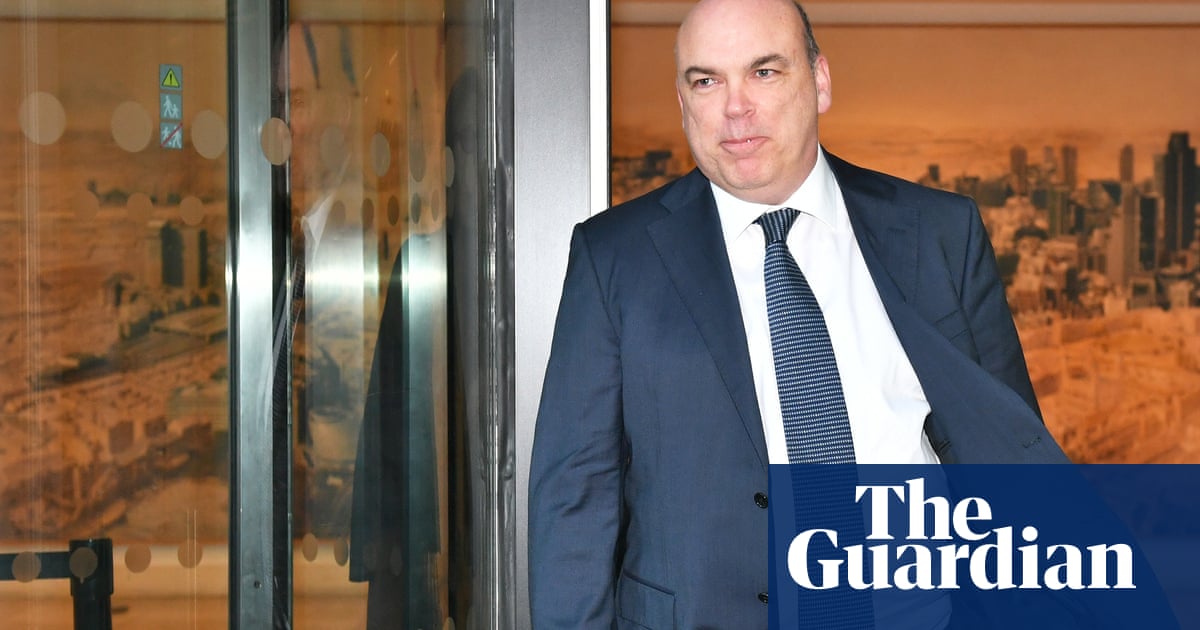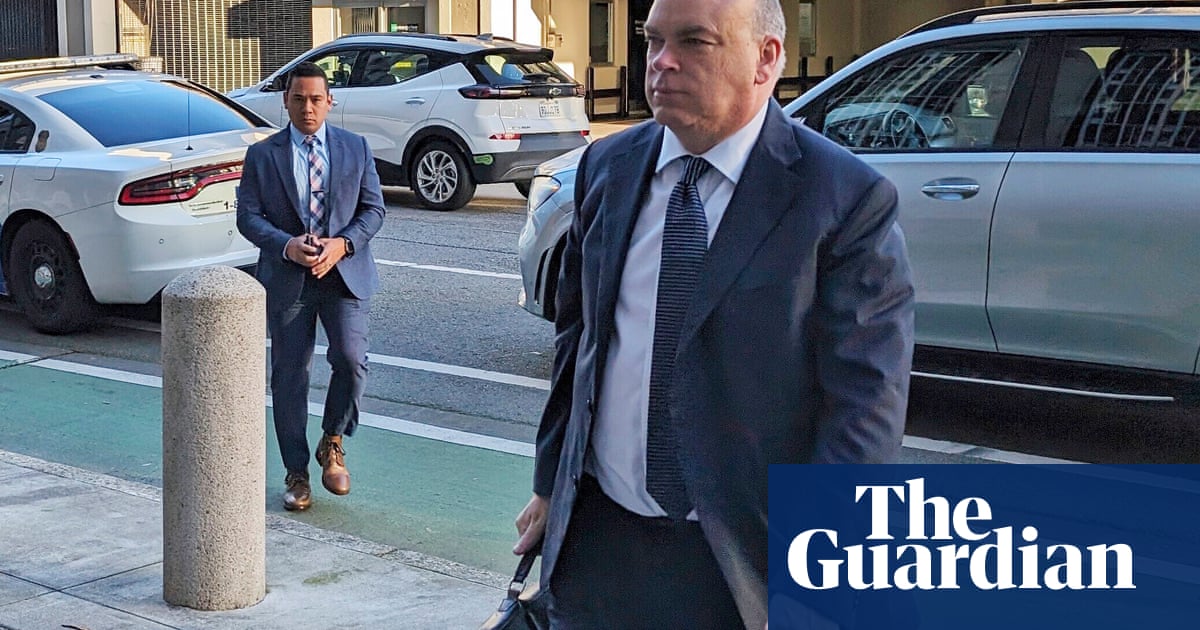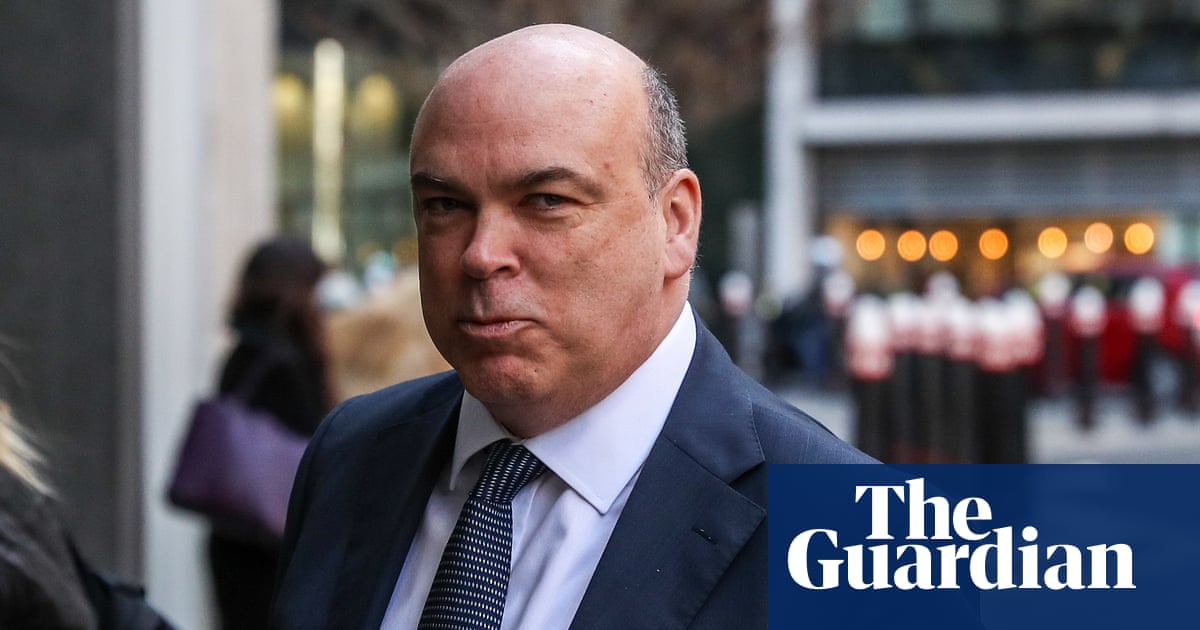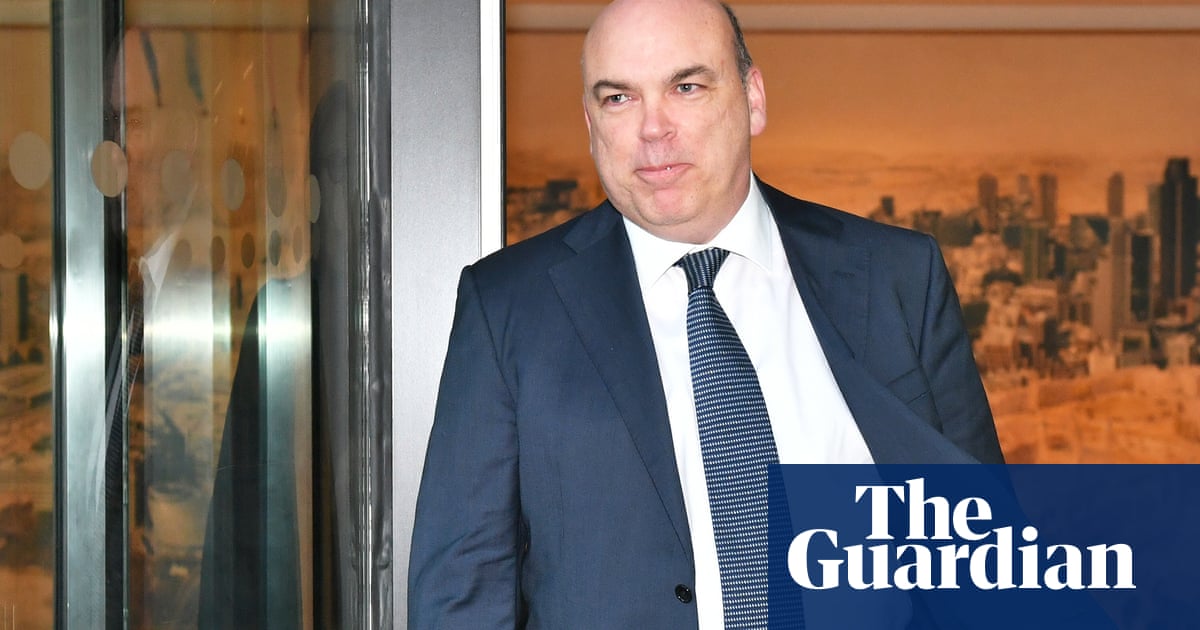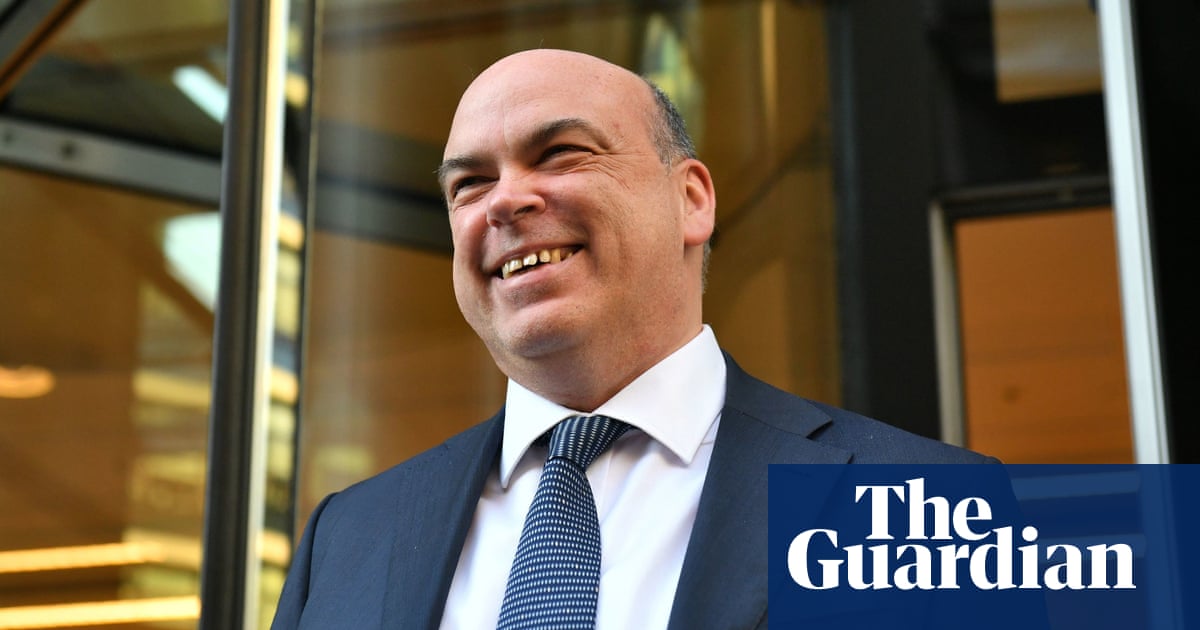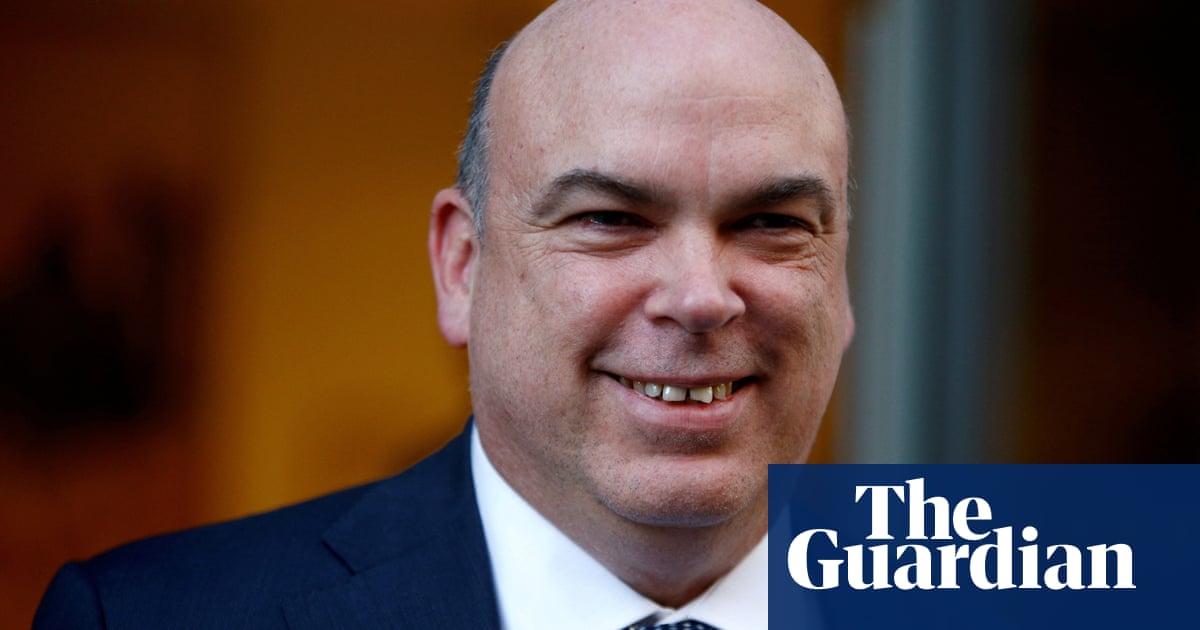
Hewlett-Packard has won its six-year civil fraud case against Mike Lynch, the man once hailed as Britain’s answer to Bill Gates, after a high court judge ruled that he duped the US firm into paying £8.2bn for his software firm Autonomy.
Lynch, who was on Friday waiting to find out if he could be extradited to the US to face a separate criminal trial, was found to have defrauded HP by manipulating Autonomy’s accounts to inflate the value of the company. He has always denied the accusation and said on Friday that he would appeal.
“Claimants have substantially succeeded in their claims in this proceeding,” said Mr Justice Hildyard, after a 93-day trial during which 28,000 documents were considered as evidence..
He said the damages were likely to be significantly less than the $5bn claimed by Hewlett-Packard (HP) and successor companies, while he also cast doubt on the reliability of some of the US firm’s witnesses.
However, he ruled that HP had been induced into overpaying for the takeover, due to fraud perpetrated by Lynch and Autonomy’s former finance director, Sushovan Hussain, who is in jail in the US after being found guilty of fraud relating to the same deal .
On Friday evening, Lynch was still awaiting a ruling from the Home Office on whether he can be extradited to the US to face trial over claims that he defrauded investors in HP.
The US company bought Autonomy for $11bn in 2011, targeting its software that helps firms store and search “unstructured data” such as voicemail and email. Lynch made £500m from the sale and was hailed as one of Britain’s few global tech champions.
Within a year, HP had written down its own value by $9bn (£6.7bn), blaming “serious accounting improprieties” related to the deal. Lynch and his team, HP claimed, had falsely boosted the attractiveness of the company through accounting trickery.
In a lengthy summary of his conclusions, Hildyard found that Lynch and Hussain had been “dishonest”, deploying several strategies that had the effect of artificially inflating and bringing forward revenues.
This included using hardware sales to “disguise” shortfalls in software income, hiding costs, and entering into arrangements with “friendly” companies to bring forward revenue from sales, some of which never materialised, to meet market expectations.
However, he said that HP would most likely still have bought Autonomy, even if its financial performance had not been artificially enhanced, due to the quality of its data-structuring product IDOL, described by the former HP boss Meg Whitman as “almost magical”.
He also found that the scale of damages, which will be determined at a later date, was likely to be “considerably less” than the $5bn claimed by HP. He said that while determining damages would take some time, he had not wanted to delay his verdict on Lynch’s liability, because it might have an impact on whether he is extradited.
A London court ruled last July that Lynch, who denies any wrongdoing, should be extradited but the final decision rests with the home secretary, Priti Patel, with a deadline of midnight on Friday, the day of the high court verdict.
A US trial would cover much of the same ground as the London civil case.
Speaking after the high court verdict, a spokeperson for Hewlett-Packard Enterprise (HPE) said: “Dr Lynch and Mr Hussain defrauded and deliberately misled the market and Hewlett Packard. HPE is pleased that the judge has held them accountable.”
Kelwin Nicholls of Clifford Chance, the lawyer for Lynch, said: “Today’s outcome is disappointing and Dr Lynch intends to appeal. We will study the full judgment over the coming weeks.
“We note the judge’s concerns over the reliability of some of HP’s witnesses. We also note the judge’s expectation that any loss suffered by HP will be substantially less than the $5bn claimed.”






